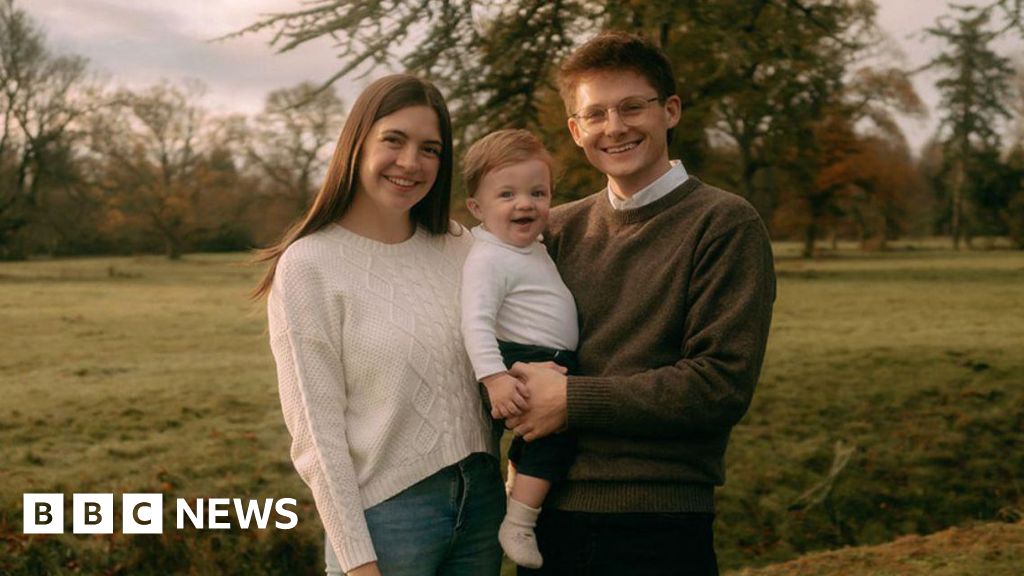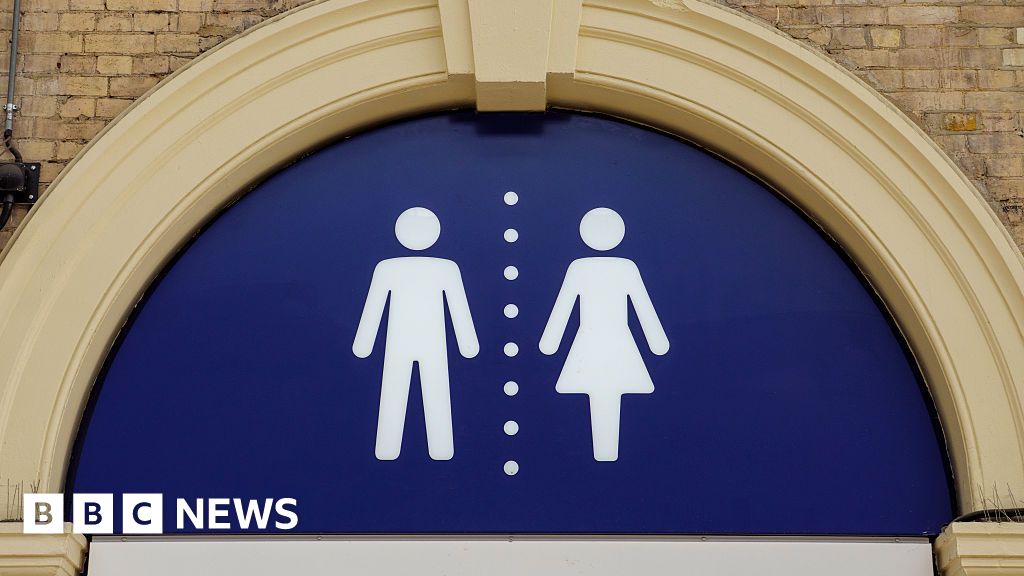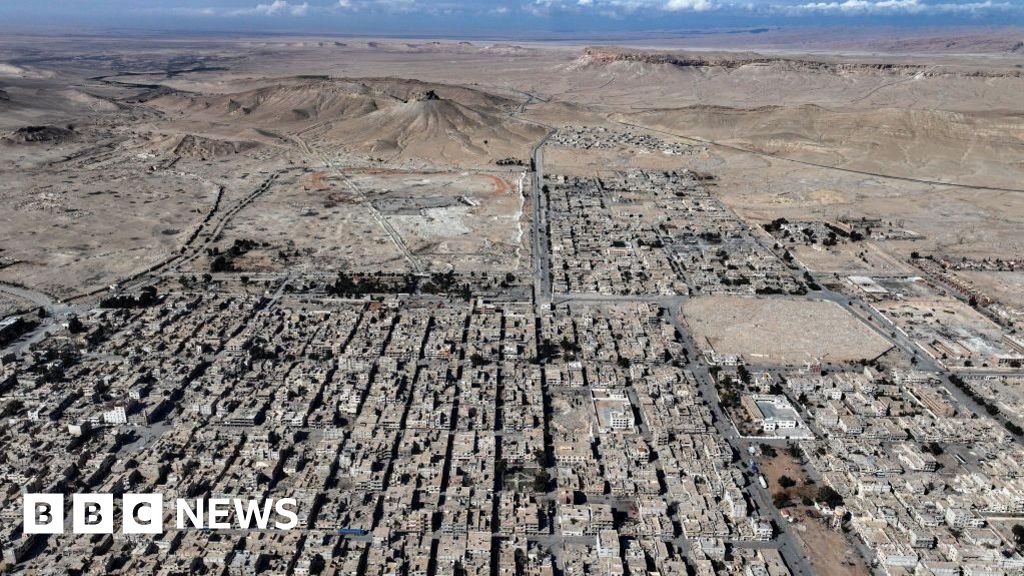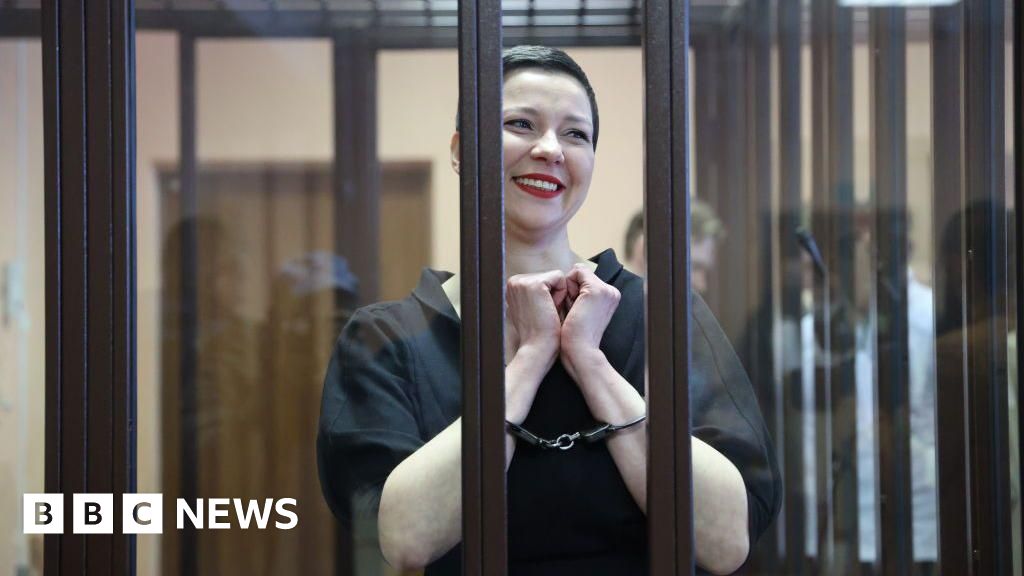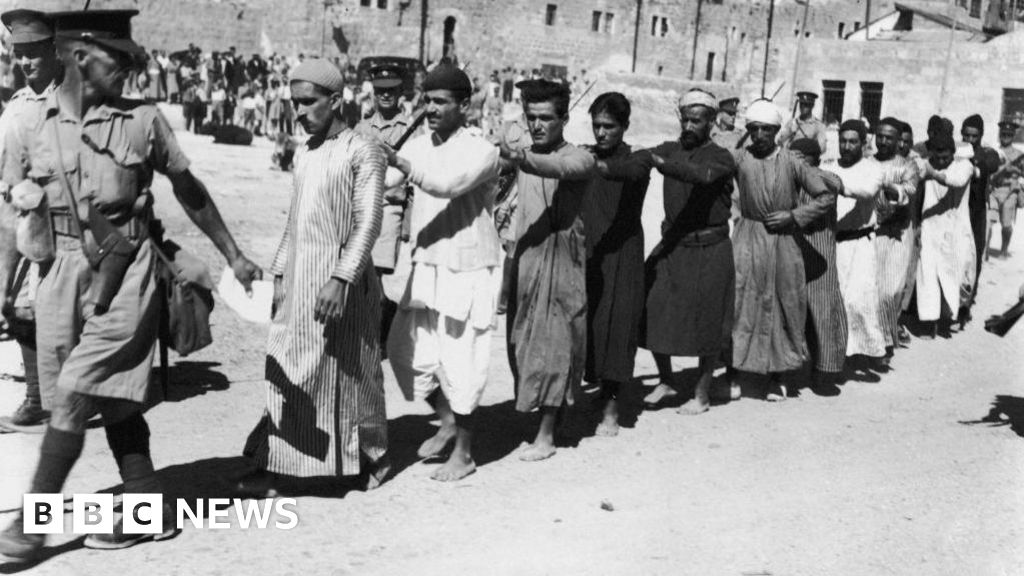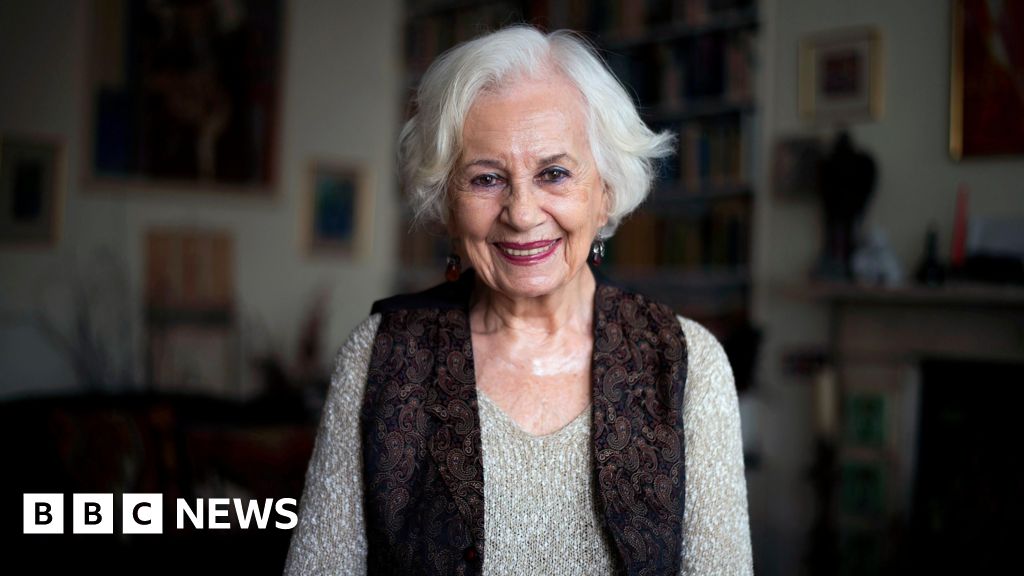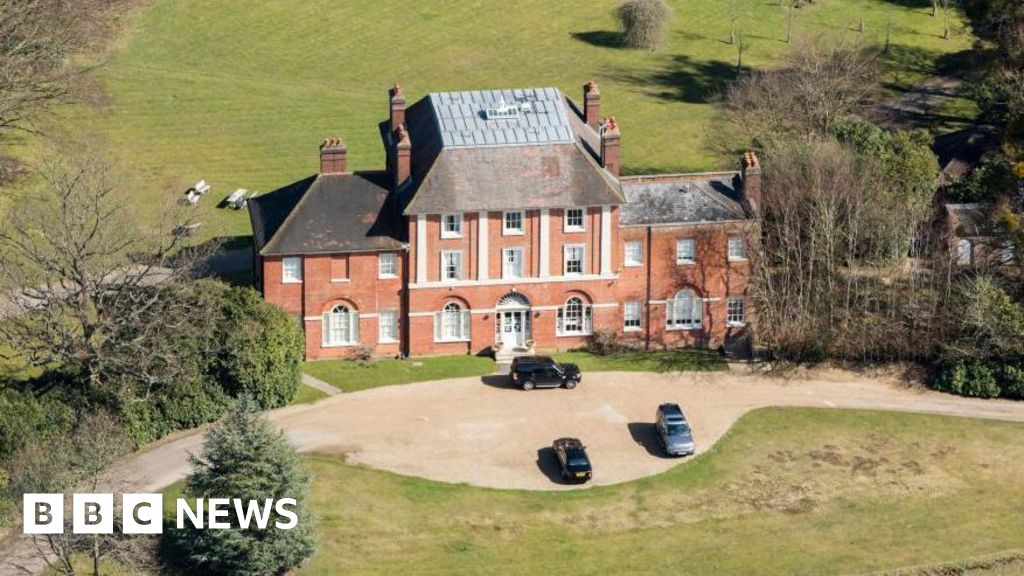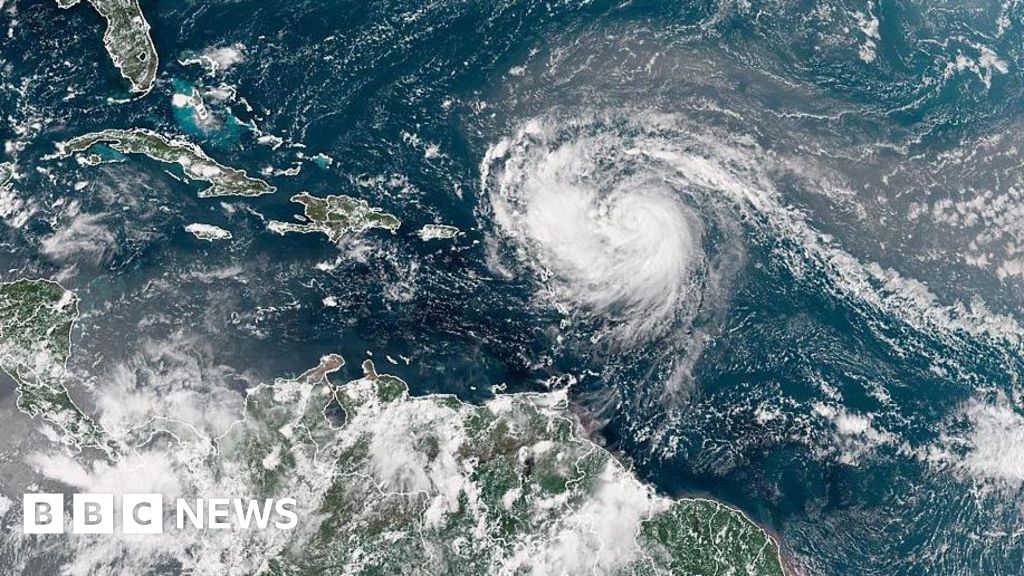Simon KingLead weather presenter

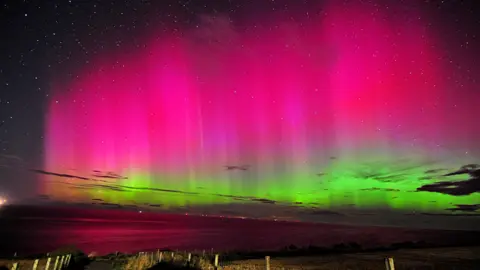 BBC Weather Watchers/Saf37y
BBC Weather Watchers/Saf37y
The Northern Lights were spotted clearly in Aberdeenshire
The Northern Lights were spotted across the UK for the first time this autumn on Monday night.
From northern Scotland, north Wales to Norfolk and Kent, the bright colours of the aurora were visible after a strong solar storm.
Space weather forecasters highlighted the chance of aurora on Monday afternoon after satellites monitoring solar activity picked up an eruption on the surface of the Sun – known as a coronal mass ejection.
The increased solar energy travelled into our atmosphere where it interacted with oxygen and nitrogen and created the purples, greens and red colours we know as the aurora.

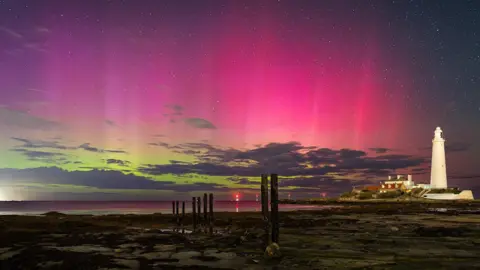 BBC Weather Watchers/Paul Appleby
BBC Weather Watchers/Paul Appleby
Whitley Bay, North Tyneside

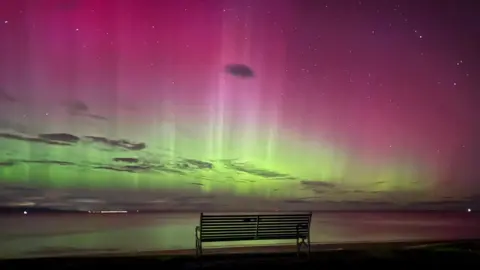 BBC Weather Watchers/Rossi
BBC Weather Watchers/Rossi
Nairn, Highlands
While it is not uncommon to see the aurora across northern areas of the UK, it takes a stronger solar storm for them to be visible further south.
The US Space Weather Prediction Center confirmed there was a "moderate geomagnetic storm" reaching G2 in a scale from G1-G5. They predict we could see a stronger storm up to G3 on Tuesday.
However, the Met Office Space Weather Centre suggests we could see a G4 severe storm arriving on Tuesday night into Wednesday morning.
This would bring a greater chance for seeing the aurora right across the UK, potentially even with the naked eye.
By Wednesday, activity is likely to fall back to normal levels.

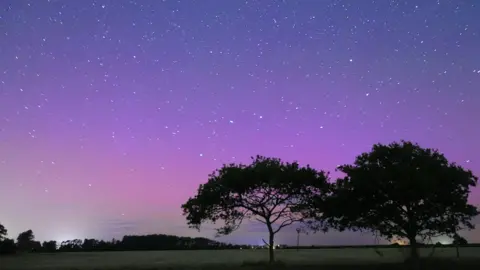 BBC Weather Watchers/KeeponRunning
BBC Weather Watchers/KeeponRunning
The lights in Norfolk

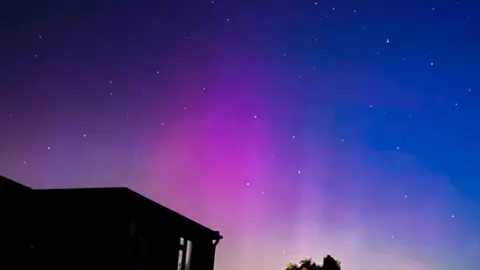 BBC Weather Watchers/UkWeatherView
BBC Weather Watchers/UkWeatherView
Marden, Kent
The Northern Lights are caused by solar winds carrying charged particles interacting with the earth's magnetic field.
The heightened chance of a UK sighting was caused by a fast-moving coronal mass ejection, which is a "release of plasma and magnetic field from the Sun's corona", late on Saturday night.

 3 months ago
73
3 months ago
73
